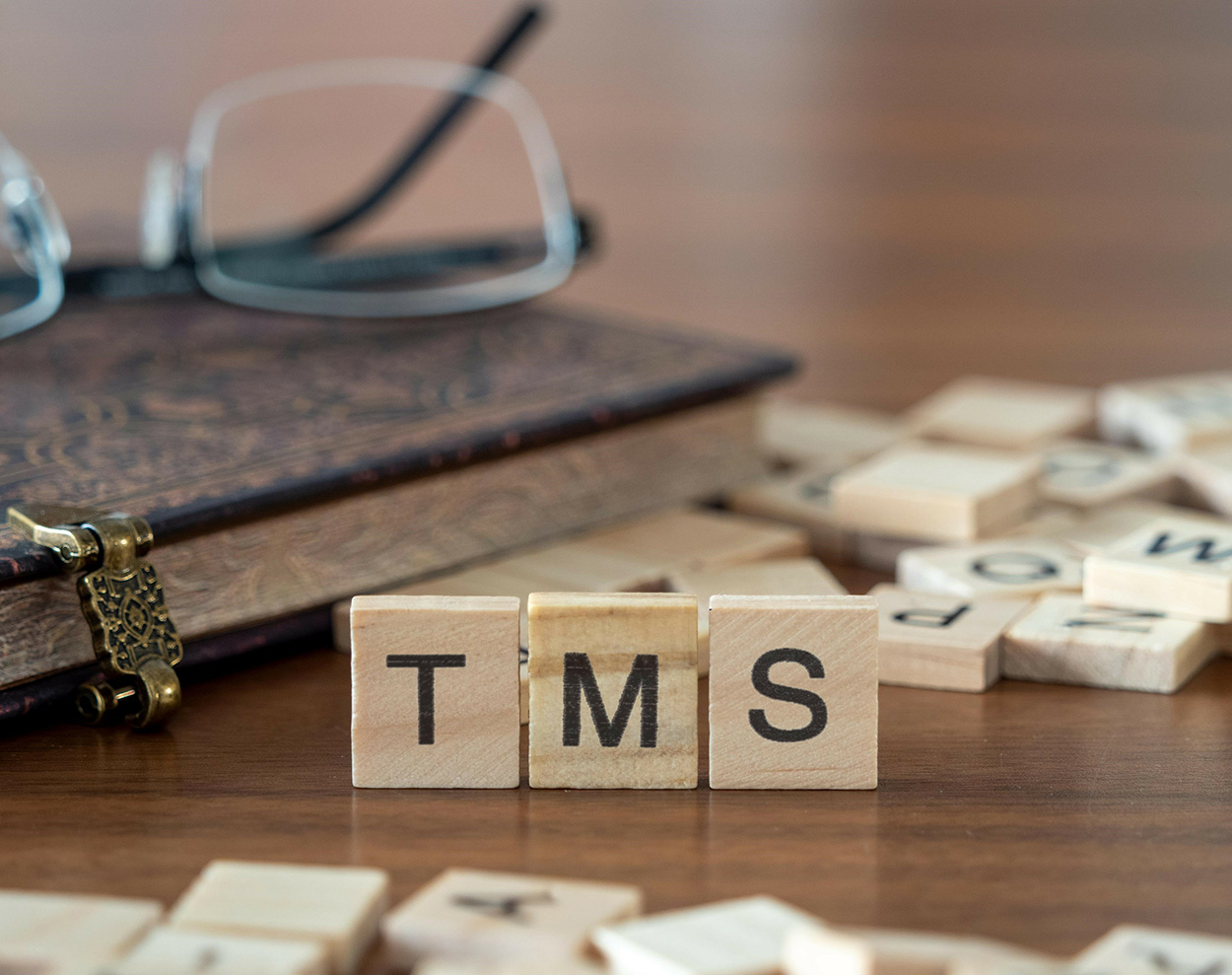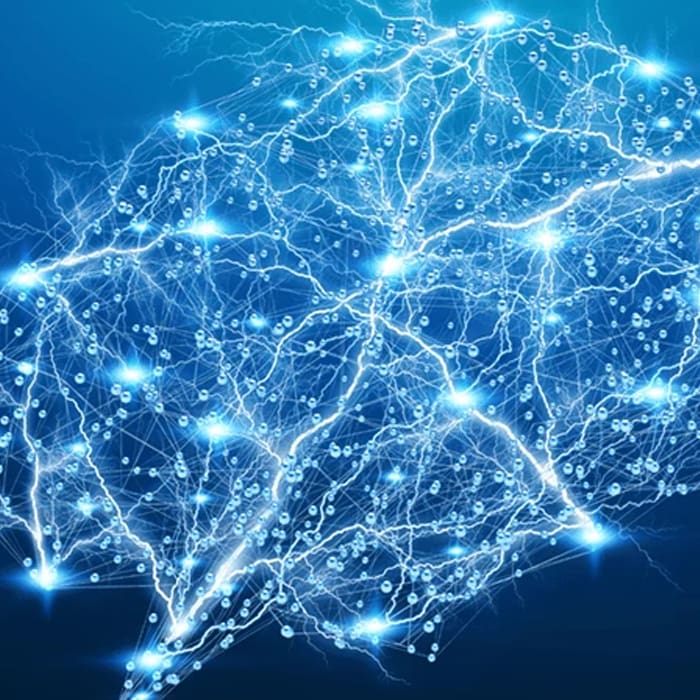F.A.Q.’s
F.A.Q.’s

Are you still experiencing the effects of persistent depression despite anti-depressant use and counseling? There is hope! TMS (Transcranial Magnetic Stimulation) is a safe, non-invasive, FDA approved treatment that may offer you the relief you have been looking for. Concierge TMS is here to help.

The Most Common Questions We Hear From Patients
It’s natural to have questions about TMS. Please know that Dr. Schwartz and the staff at Concierge TMS are here for you. We are happy to answer all of your individual questions and address all of your unique concerns. Please feel free to give us a call during normal business hours and we will set up a time to talk. In the meantime, below are a set of questions and answers we frequently hear from patients. Please have a look and reach out with any additional questions.
Results vary by patient. Some patients see improvement in symptoms the first week, while most feel better mid-way through treatment. Often, friends and family notice positive changes first. Remarkably, some people notice improvement only at the very end of the treatment course or even over the 2-4 weeks after they finish their treatment, as the work that is done by the magnetic energy continues after the last treatment.
One of the most frequently asked questions about TMS is “Will I be able to stop my medications after I have TMS” or “Can I stop my medications now?”. Some of our patients have been able to stop their medications after TMS and have felt fine. Others have stayed on medications, either at lower doses or the same doses.
The decision to change your medications, if you are currently taking any, is ultimately between you and the person prescribing your medicines. On the one hand, we prefer that your medicines and the doses of those medicines stay the same while you are receiving TMS, so that you and I can tell if any improvement you experience while you are receiving TMS is from the TMS therapy or the change to your medications. At the same time, we do not prohibit changes that you and your prescriber decide are important, especially if you are having intolerable side effects from medicines.
We do ask that if you make any changes to your medicines, you should tell us when you come in for your next treatment about those changes. This is because some medication changes will require us to re-evaluate the amount of magnetic energy that is appropriate for you.
The durability, which is the length of time that the benefit lasts, varies a great deal from person to person. For some people, the benefit lasts indefinitely. For others, it may last 3-6 months, a year, or longer. We know that approximately one third of people who respond well to TMS will seek a second round of treatment. We also know that most people who have a second or even a third round of treatment, respond as well or better to their next round of treatment. Of course, there are several variables that will help to determine how long a person feels well after they finish TMS. There is no treatment for depression, no matter how successful, that is guaranteed to provide lifelong relief.
The tapping sensation on the scalp during the initial TMS treatments can cause discomfort, which up to 50 percent of patients may experience as mild to moderate head soreness within the first week. However, over-the-counter pain medicines like aspirin, Tylenol, or Motrin can effectively manage this discomfort before or after the TMS sessions. With repeated treatment, the scalp gradually becomes less sensitive to the tapping sensation of the magnetic pulses, thereby eliminating the discomfort associated with TMS.
TMS and ECT are very different. ECT is a procedure in which the patient is given anaesthesia and then a “sub-clinical” (very small) seizure is provoked. This procedure is usually administered 2-3 times a week for several weeks, often a total of 12-16 times. ECT is a very effective treatment for depression, probably the most effective treatment there is, but some people do not respond well to anaesthesia or have memory loss or confusion after receiving ECT. Also, you must not drive yourself home after having ECT.
TMS uses magnetic pulses, which are applied directly to the prefrontal area of the patient’s head. The procedure usually takes about 17 minutes. The full course of treatment is 30-36 treatments. There is no anaesthesia, you can drive yourself to and from the office, and side effects are uncommon.
TMS is currently indicated for adult patients (18 years old and above) with a diagnosis of Major Depressive Disorder who have not responded well to antidepressants in the current episode. Please complete the request for more info form to learn more about whether you are a good candidate.
NeuroStar Advanced Therapy was studied with patients receiving treatment 5 days/week for 6 weeks, then a taper period for the last 6 treatments. Please inform us of any travel plans/other commitments where you would need to miss consecutive treatments during your therapy. There are circumstances that prevent people from coming to the office five times a week, or any number of reasons. While we aim to provide treatments every weekday, at least at the beginning of the treatment course, an occasional missed treatment will not prevent success.
The first visit to the office is a little different than the daily treatments and takes an additional 30 minutes or so. The first time you come, you will be seated in a very comfortable “spa” chair that resembles one you might see at the dentist’s office. Before we give you your first treatment, we perform a procedure called a mapping, which takes about 25-35 minutes. This mapping, which is painless, allows us to determine the precise location of your prefrontal cortex, which is the location of the treatment. We do this because everyone’s head is a somewhat different shape and size. The mapping also tells us how much magnetic energy we will be using to treat your depression. Just as everyone has a different tolerance for alcohol or the sun, everyone’s a little different in the amount of magnetic energy that is required. Neurostar has proprietary software that helps us to fine tune this calculation.
After the mapping is completed, you will receive your first treatment, which is almost always 17 ½ minutes. The magnetic coil, which you can see pictured on our website or on the Neurostar website, rests on your head during the treatment. We make sure that the treatment is tolerable – it may be a little uncomfortable at first, but we guarantee that it is not painful by making any necessary adjustments. People generally adjust to the sensation of the magnetic pulses quite quickly. Most people report that they barely feel the treatment by the end of the first or second week, often sooner.
You can tell that you ( or someone you know) are depressed if you observe most of the following changes:
- Blue, sad, down, depressed mood most of the time
- Increased or decreased sleep
- Increased or decreased appetite
- Reduced physical energy
- Reduced motivation, drive, enthusiasm
- Loss of interest in sex
- Thoughts of death, wishing you were dead
- Impaired concentration
- Social withdrawal, not returning phone calls/texts
If many of these changes have taken place, to a substantial degree, there’s a good chance that you are depressed. Consider seeking help.
It can be hard to tell them apart. Anxiety and depression often go together. If you have been struggling with anxiety for a while, depression may follow, because it is depressing to be anxious, and so depression often occurs as a consequence of untreated depression.
Anxiety is often described as worrying, fretting, feeling nervous or unsettled, usually for no apparent reason. Of course, it is normal and understandable to feel anxious sometimes, such as before a job interview. When you are anxious, it is hard to relax. It is like having the idle setting of your car turned up higher than it should be – the car is burning fuel but not going anywhere.
When you are depressed, you typically feel like you are weighed down by an invisible weight. You feel as though there is a dark cloud following you around, and you can’t seem to enjoy anything the way you used to, or the way others seem to.
Additional Information and Articles of Interest
In addition to reviewing the Frequently Asked Questions section above, you may find it helpful to browse the popular articles below for more information.






